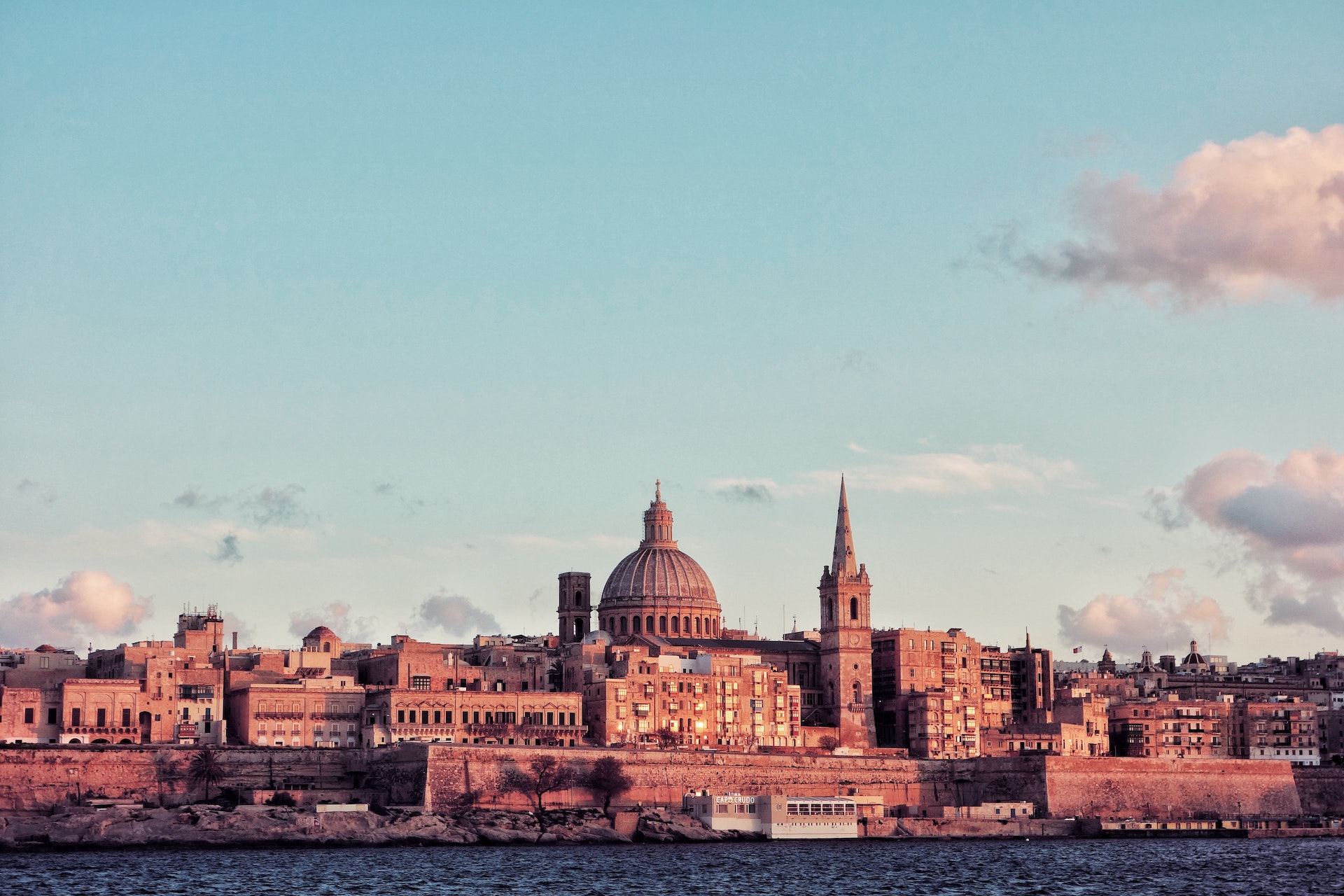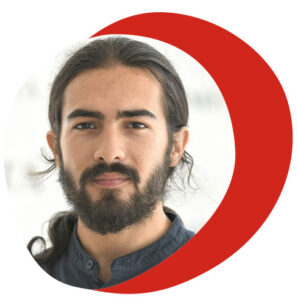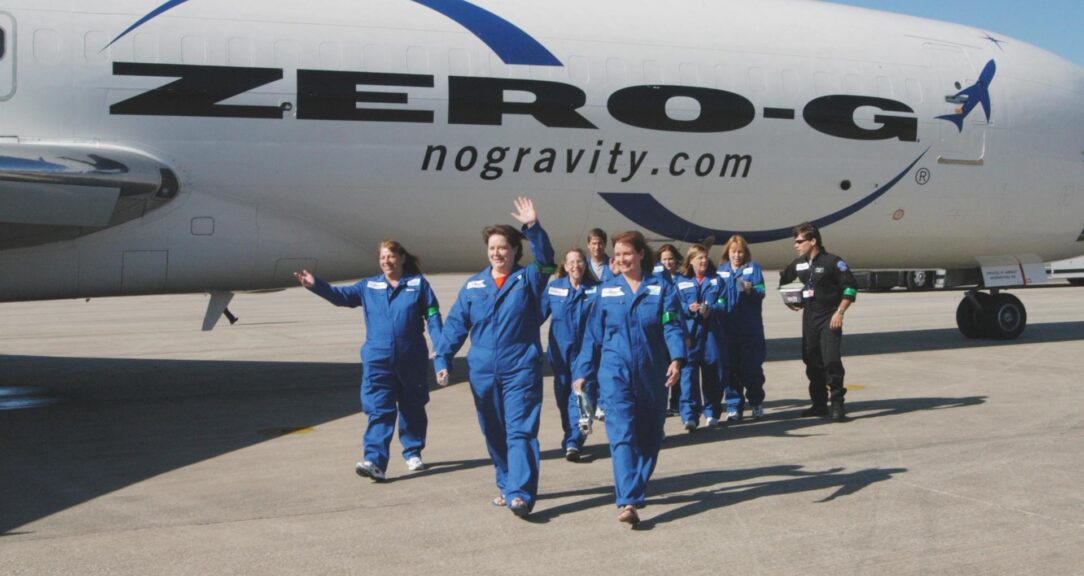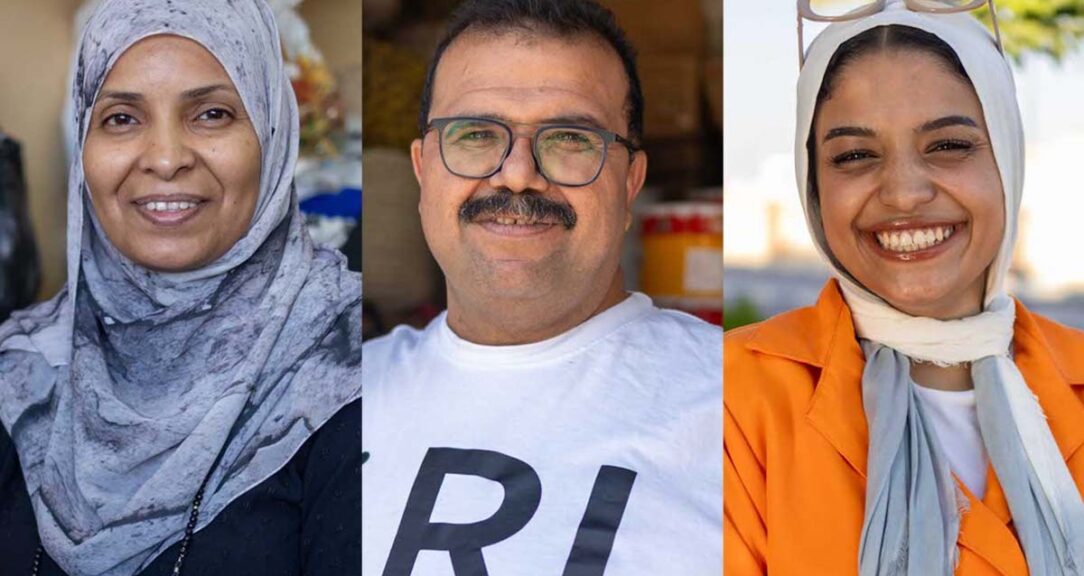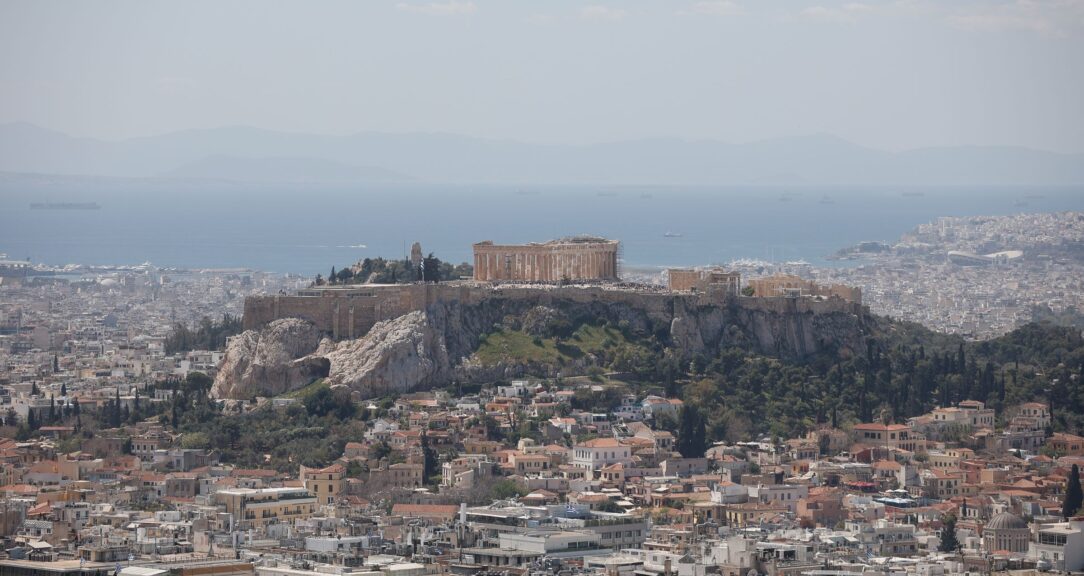Malta changed hands many times before it became a sovereign state in 1964. Its location in the Mediterranean between Italy, Tunisia and Libya made it a desirable naval base. Over millennia, the Phoenicians, Romans, Greeks, Arabs, Normans, Sicilians, French and British all came and went, influencing the country’s language, cuisine and culture in the process.
The Maltese islands — Malta and Gozo, with the much smaller, mostly uninhabited islet Comino between them — have become a popular holiday destination. But this idyllic reputation has its downsides: Malta’s economy, reliant on sun-seeking tourists, took a sharp nose-dive during Covid-19. While 2019 saw around €2.2 billion in tourism-related turnover, that revenue plummeted by 70% to €658.8 million in 2020.
Today, tourism on the island has bounced back to near pre-pandemic levels. In the quest to fuel economic growth in the past three decades, Malta’s financial and legal services industry have turned the once-insular nation into an international tax haven.
According to the EU Tax Observatory Report, Malta is one of 17 tax havens across the world where major European banks prefer to declare their profits. While Malta’s corporate tax rate is as high as 35%, tax rebates intended to attract international companies effectively lower that rate to 5%.
The Maltese islands punch above their weight, with the international community watching closely. The country of 518,500 residents achieved a gross domestic product of $17.2 billion in 2021. The multicultural country is a fertile ground for business, and it will host ADP ReThink from 31 January to 2 February 2023.
To get a better understanding of how people live in Malta, we asked six Maltese people about their first and future paychecks.
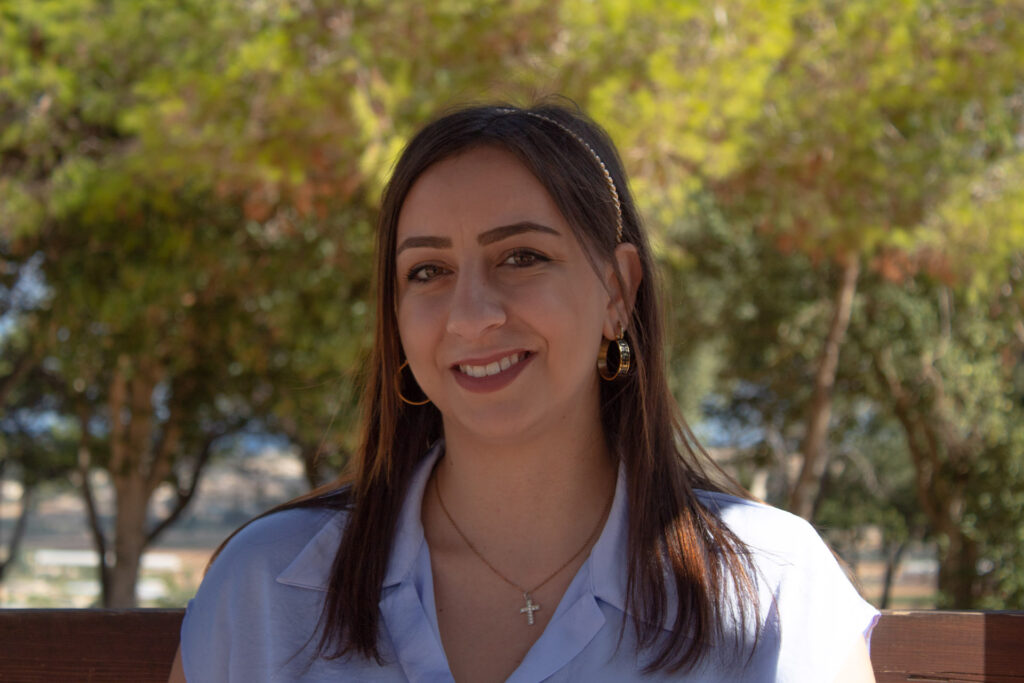
Nicola Camilleri, 24
Mental health service leader
When I was 17, I began working two part-time retail jobs. While in sixth form and university, I was working around 30 hours or more a week. My income at that time was around €500 per month.
I am currently earning close to around €20,000 a year. In my opinion, professionals working in the field of mental health are not paid or given much incentive locally.
Advancing higher up does not lead much to an increase in wage. And advancing in your education does not necessarily lead to a wage difference, either. Compared with other countries, local professionals in the field are highly overlooked.
But I chose to remain in this field as it is something that I am passionate about. The financial aspect to it does not outweigh the satisfaction I feel. The financial challenges are not solely dictated by the organization I work for — it goes beyond that and is sociopolitical in nature.
I manage a hostel where 10 residents with different mental health challenges reside, and coordinate the team members. This leaves little time for myself. On weekdays I always end up staying past my working hours, leaving two days a week to focus on my university responsibilities, re-charge and live my life.
I am in my final year of studies for a MSc in Health Psychology. I hope it will open further occupational opportunities. Our generation faces many financial challenges, and it is difficult to make ends meet with the current salaries being offered in this country.
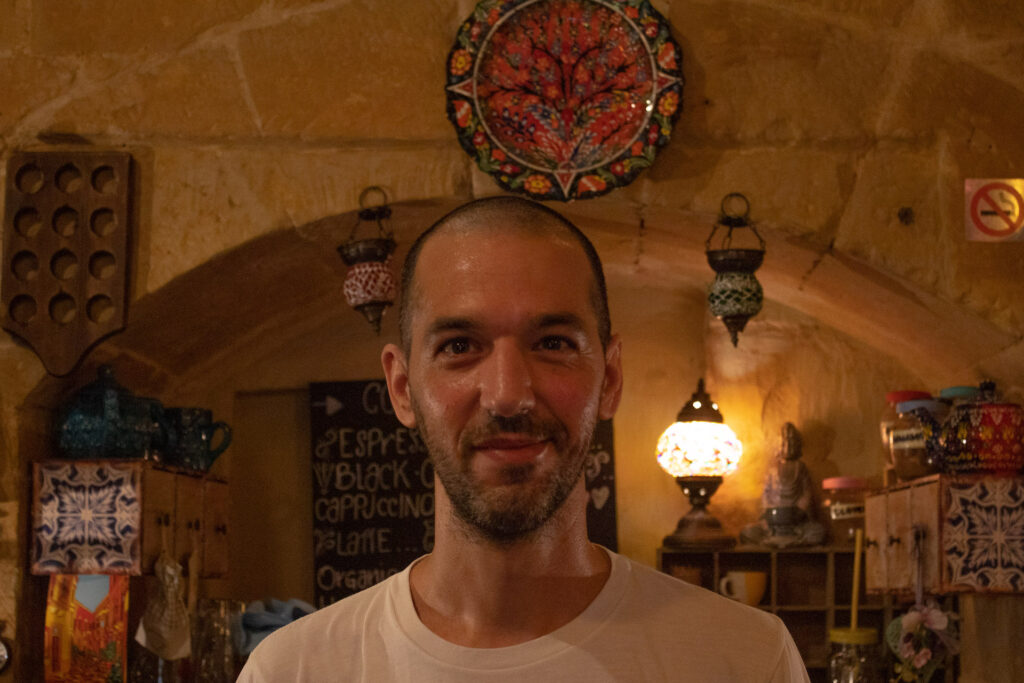
Sean Decelis, 36
Food and beverage server
I was a teenager when I got my first job in the textile industry. I found it quite exciting and fun at the time. My job basically consisted of receiving orders for raw materials and retrieving them, weighing them out and packing them up.
I can’t remember exactly what I was paid, but it wasn’t more than 2 Maltese lira (equivalent to around €4.60) an hour. My goal was to make enough money to buy a limited edition Iron Maiden CD box set, so I was happy about achieving that.
I got my first catering gig at 17 and later worked at a bar for seven years. I always felt like work was a way of keeping myself financially stable while doing other things that I enjoy, like drawing and theater. I always tried to strike a balance rather than becoming rich off my work.
While I do think it is important to have things to do, I think the balance I am seeking is far more important. I would say that my current role is the most stable job with fixed hours that I’ve ever had. Should the bar I’m working in keep growing, I do look forward to the possibility of being a part of that growth.
Since I started working full-time, I think I’ve saved up around €5,000. I live with my parents, so I don’t pay rent. I eat out, but I don’t really budget. I don’t really think about whether I’m spending too much or too little.
I also don’t have a lot of expenditure. I don’t feel the need to buy new clothes all the time. I like to find creative solutions like buying material and paying someone to sew clothes for me.
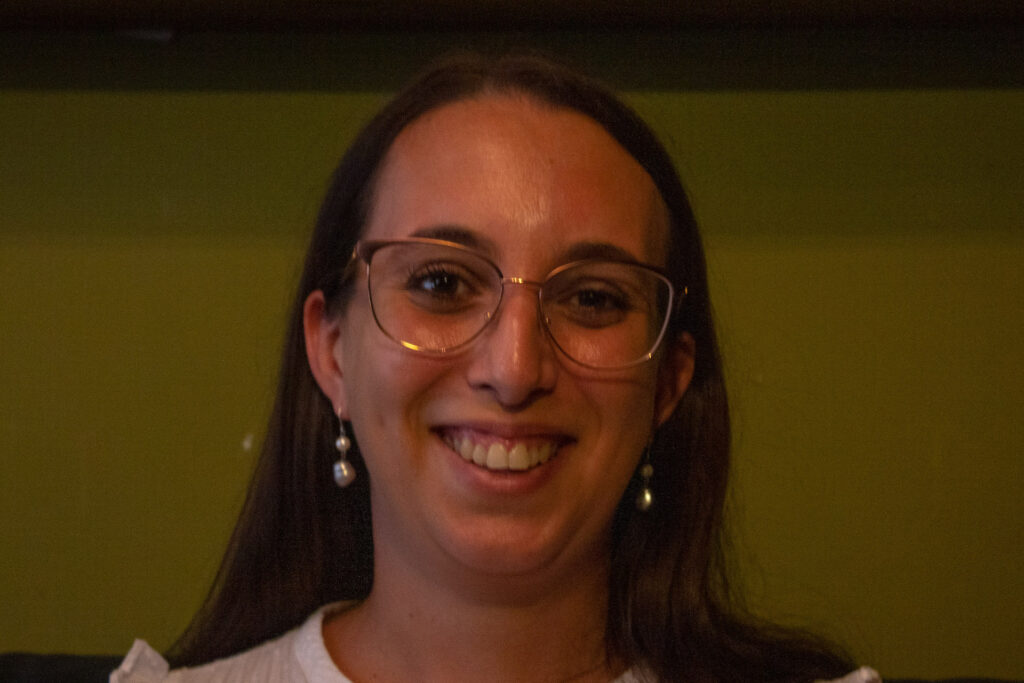
Francesca Tonna, 32
Marketing manager
My first job was as a data input clerk for an interior design company — I was 16 years old. I remember I bought a pair of Converse trainers with the paycheck, and I was so happy to have them.
I always wanted to get into the tourism industry — I’m the third generation of the family that owns the travel agency I work for. I just love the fact that you get to help people enjoy something special that they have been saving up for.
Most of our clients are American, so for them to come all the way to Malta is quite a special thing. I get to meet loads of different people from different cultures, so I’m never bored at work.
Before Covid, a lot of my work consisted of meetings with tour operators, going to fairs abroad and so on. During Covid, we lost a lot of staff. Given the size of the company, we were all quite close, which made it sad when a lot of people just left the company or the industry altogether because they couldn’t handle the stress of the uncertainty.
We spent the last two years in negative revenue because we had to give people refunds and we didn’t have money coming in.
This year, work picked up as quickly as it shut down during the pandemic. We all had to do a lot of pitching in until we rebuilt the team. As a company, we are still working reduced hours — we haven’t gone back up to 40-hour weeks yet, we’re on 35 at the moment.
The long-term plan is for me to start taking over the company from my father. It was a process we had spoken about before Covid, but he wasn’t just going to throw me into the deep end while we were going through all that. So now that we’re recovering and getting business back, we’ll restart that process. Hopefully I’ll be a part of the third generation that moves it forward.
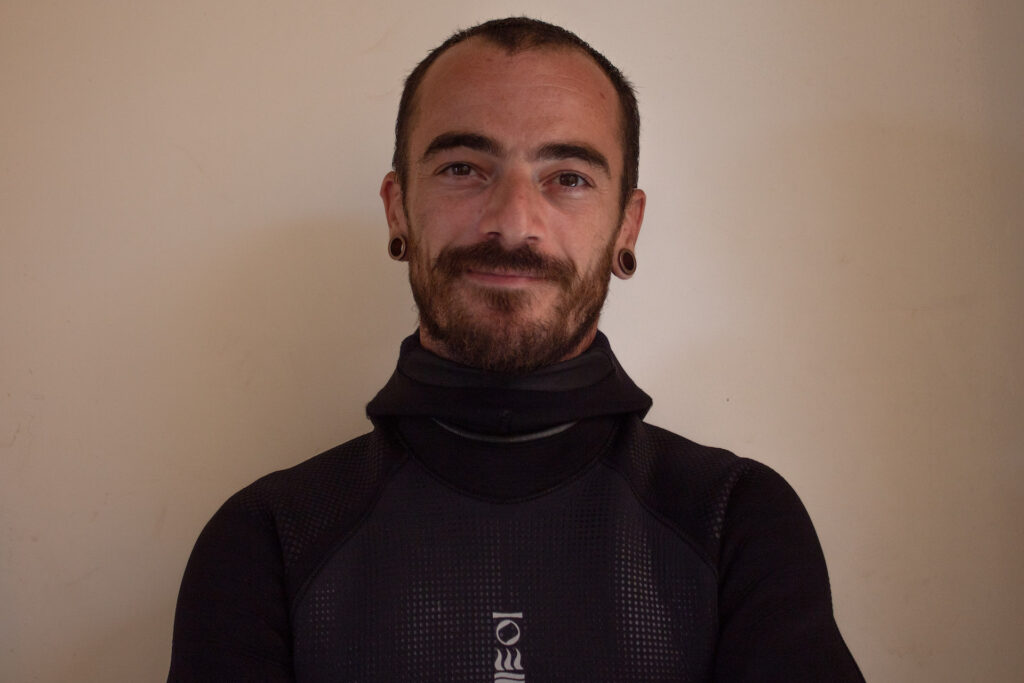
Luciano Ellul, 32
Diving instructor
I was 14 years old when I earned my first paycheck. I worked in the catering industry for 15 years. At the very beginning, I was a commis chef. The pay I made was obviously low since I was just a 14-year-old working a summer job.
I spent the rest of my catering career going up the kitchen’s ranks, and I was eventually running kitchens and restaurants.
Working in a commercial kitchen is like being on a see-saw: Creating something that is good and that people want to eat and pay for is really rewarding. On the other hand, there is the downside of not having holidays or weekends free. In my early 20s, while other people my age were going out all weekend, I was stuck at work, so I missed out on a lot. The pay was good, but the work takes a toll.
Eventually, I couldn’t ignore my own doubts about whether I wanted to spend the rest of my life working 70 hours a week to have one day off — which I would normally spend sleeping just to recover — so I became a professional diver.
I’ve been a diving instructor for four years now. It’s a complete day-night switch from catering, literally — you work throughout nights in catering while diving centers work throughout the day most of the time. People come to diving centers for leisure, so that’s the general vibe.
As for pay, it changes seasonally, like everything else in this job. A diving instructor can expect to earn a minimum of €1,000 a month alongside subcontractor jobs for commercial diving.
While we did have to close because of Covid-19 shutdowns, when we reopened and locals couldn’t travel, they chose to try out new things, like diving. So, believe it or not, we were extremely busy during the summer seasons of the Covid pandemic.
I generally learned to live with very little and to make do with what I have, so economically I’m well off in that sense. I don’t see any big changes headed my way in the very near future.
For me to commit to another career switch, it would have to be an opportunity that is better in all areas, though — it can’t be just like earning more money but then also having to work more hours. Whatever happens, I’m sure I want to remain in the water as long as I can.
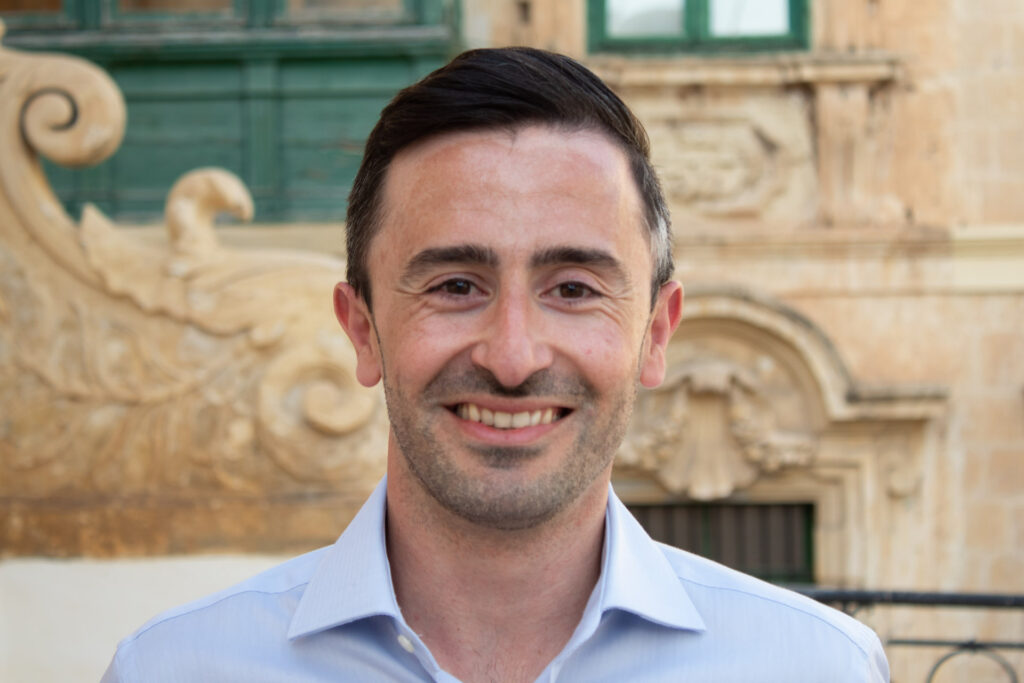
Karl Tanti, 32
Corporate lawyer
I made my first paycheck working as a pool boy. I spent a good number of years doing that, earning a low pay and working full shifts, sometimes double shifts, constantly on my feet and in the sun.
You learn a lot of things about people — it’s quite surprising how sometimes guests just want to have a frank conversation with you, especially guests that travel alone, even though I was just 16 years old.
I always liked the hospitality aspect of jobs, and all of mine have been about dealing with people.
I enrolled in a law course against the advice of practically everyone in my family. It was a time in which there weren’t so many opportunities for lawyers here in Malta. It was a bit of a running joke in the country, actually: “Join the law course and apply for unemployment in six years’ time.”
While I was pursuing my studies, there was a huge shift in the Maltese economy with the opening of the financial services and gaming services industry.
All of a sudden, lawyers were in high demand. I graduated in 2014, so I’ve been working as a lawyer with the same firm for eight years now. Recently, I formally made the move to the business advisory department, which I’ll be responsible for.
I have a very good relationship with all my colleagues and the partners of the firm, so when the opportunity arose to start a completely new job within the same company, I immediately accepted.
As for work-life balance, this is another running joke with lawyers and a lot of other professions in Malta. We work extremely long hours, and the job can be extremely stressful at times. I think I’m lucky that the firm that I’m in has started to embrace more programs that allow more flexibility for all employees, especially after Covid.
Now that I’ll be mostly focused on the advisory aspect, I’ll be in the office instead of going to court all the time. Ultimately, any lawyer’s goal in a firm is to eventually become a partner, but I think I’m still quite far off from that.
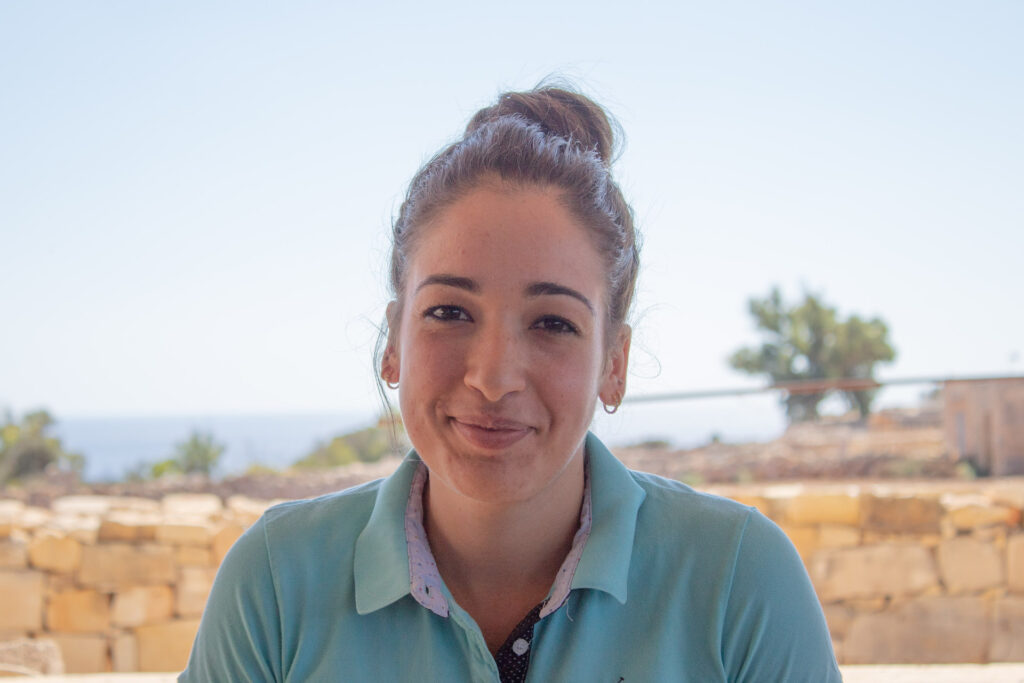
Annmarie Abela, 25
Dairy farmer
I have been involved in this line of work since I was very young. I went to the Malta College of Arts, Science and Technology, a vocational education institute, and graduated in animal management and veterinary nursing. I briefly tried working in an office but I really didn’t enjoy it, so I came back to work on our family farm. The idea of spending eight hours staring at a laptop really didn’t work for me. If you pinch a cow, it will react; a laptop can’t possibly do that, you just type in commands and it obeys.
Spending time with our cows and knowing that they understand you are there for them every day is a really special feeling.
Our work is the same every day. We wake up at 5:30 a.m., go to the farm, walk around to make sure all the cows are OK, and then we begin. We milk the cows while my dad starts feeding them. Then we do some cleaning, feed the younger ones, and make sure all the animals have water to drink. At 1 p.m., we go back home for a break and then come back around 4 p.m. and do the same things until 8 p.m. I like the routine we have. If you don’t, you can’t really do this kind of work.
Covid made quite an impact on the amount of products we sold. When the airports were closed and tourists weren’t coming to Malta, hotels and restaurants were closed, so we sold a lot less. It’s slowly picking up again now.
I would like to learn more about cows, and maybe read for a master’s degree that specializes in that. Unfortunately, this kind of degree is not available in Malta — you need to either go abroad or do a course online. I would prefer to do it online.
I feel so invested in our farm that I don’t like the idea of going overseas for a long time and leaving everything behind. Even going for a holiday is something that bugs me; I love this place too much.
When I have peace of mind that our animals have been fed and that their environment is clean and healthy for them, then your day is done and everyone’s happy.
Read more
Sign up to keep up to date with ReThink Q.
